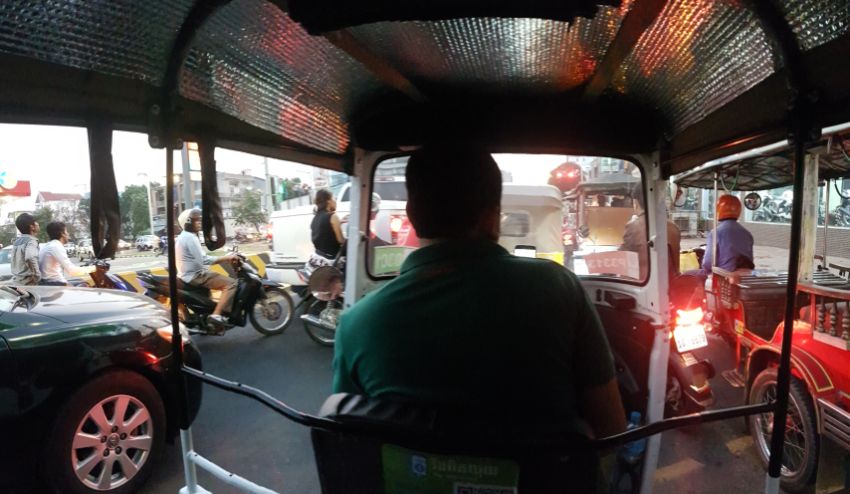Creating jobs and providing decent employment is central to global development agendas. Indeed, Sustainable Development Goal 8 targets nothing less than decent work for all by 2030. Yet the precarisation of work is a defining feature of late capitalism, driven by the search for profit and economic growth and enabled by political regimes and the disorganisation of labour. Large parts of the global precariat reside in Asia, where their labour play a crucial role in regional and global production networks. The Covid-19 pandemic obviously had severe impacts on the lives and livelihoods on many of these workers, something that briefly got international attention through the hardships of the many Indian migrant workers who walked the long way home after lockdown was imposed in the country. Relatively little attention has been given to the situation of workers in East and Southeast Asia during the pandemic. How has the pandemic influenced their lives, and how do they cope during lockdown? And what kind of long-term impacts is the pandemic likely to have on state-labour relations and the prospects for decent work in the region? Focusing particularly on the cases of China and Cambodia, we invite leading experts to answer these questions.
Please register at the latest one hour before start to receive Zoom link in advance:
About the panel
Dennis Arnold, University of Amsterdam, is a geographical political economist with more than two decades of experience doing research on labour and migration in Europe and Southeast Asia, including in Cambodia, Myanmar, Thailand and Vietnam.
Thomas Sætre Jakobsen, Norwegian University of Science and Technology, is a sociologist whose research focuses on the changing relationship between land, labour, social protection and care needs under contemporary capitalism in Norway and China.
Chair: Arve Hansen, leader, Norwegian Network for Asian Studies
